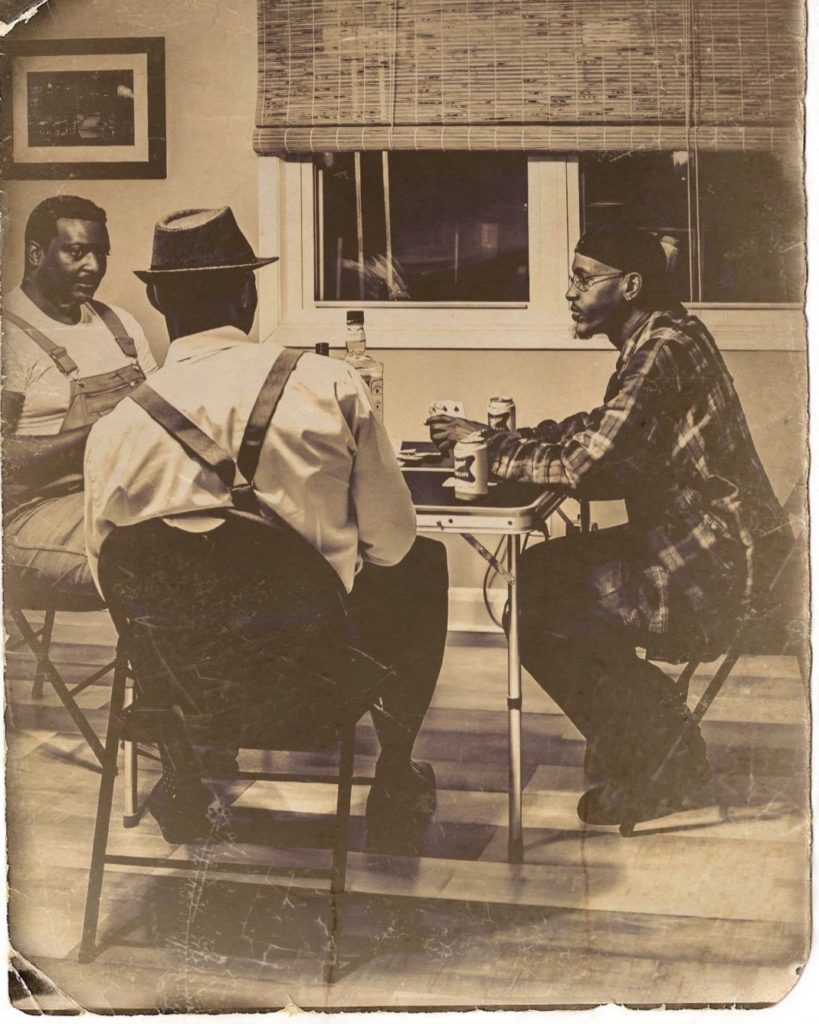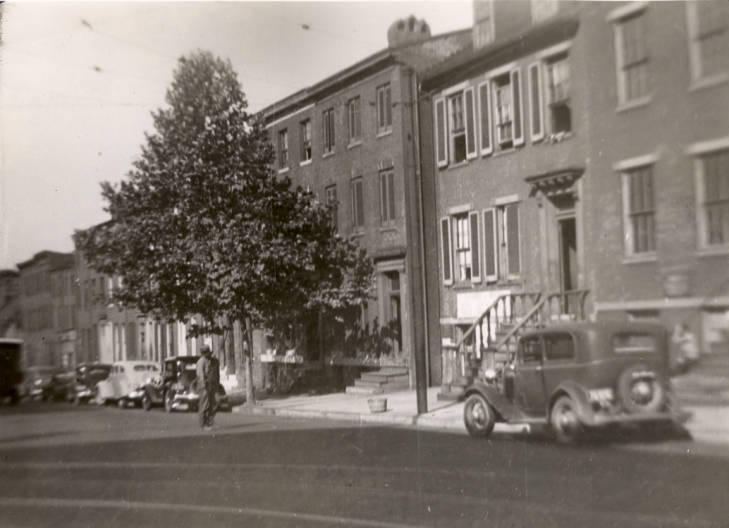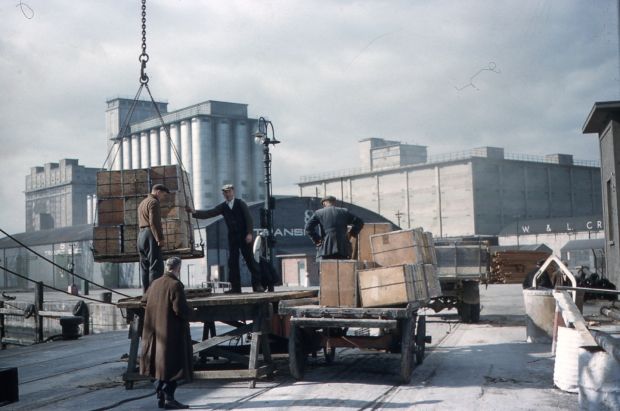The story of Leggette ETI begins like many stories of African Americans; in the Deep South. The Leggette family exited slavery in rural South Carolina only to be emerged into a life of perpetual poverty as sharecroppers. Sharecropping families were large out of necessity as the more children who could help pick agricultural goods, the more likely the entire family would have food to eat on a somewhat regular basis. The Leggettes were no different; parents Joseph and Catherine and their 8 children. The family’s

poverty was amplified during the Great Depression and the years after where, again, like other poor, Southern African Americans, many left for the more prosperous industrial cities of the North. John Henry Leggette, the 3rd oldest of the 8, was the first family member to leave South Carolina for the big city. The closest big city train ticket he could afford was to Baltimore, Maryland. With only a 4th grade education his options were limited, yet he still found a way to work odd jobs before becoming a longshoreman. John married Mary in 1946. They had 3 children.

A job as a longshoreman was a prestigious blue-collar job at the time, but respect was earned and not given; particularly as an African American one. You see, the working groups of longshoremen were called gangs and for good reason. The pier bosses thought it was a good idea to segregate the men based on ethnic working groups of Polish, Irish, African American, and sometimes Italian men on the docks. With this segregation and added performance competition, fights before, during, and after work became dangerously commonplace. Diversity actually became a matter of public safety and John was a direct part of the that change. Over his 20 plus years as a longshoreman, he rose through the ranks from gang member to gang leader to pier boss to port supervisor. John was one of the only African American port supervisors at the Port before his retirement in 1983.

Although John passed away relatively young in 1985, his legacy continues through his grandson’s vision of Leggette ETI. The mere existence of Leggettte ETI is a tribute to the man’s strength, determination, and toughness in a world that continuously tested these traits through segregation and racism. He managed to his means and wherewithal to purchase a house for his family, his mother, and help 6 of his siblings move to Baltimore. He was the patriarch of his family as well as that of his extended family. The patriarchy of John Henry Leggette is why the zoological symbol for our company is the lion; strong, tenacious, and Prideful.

